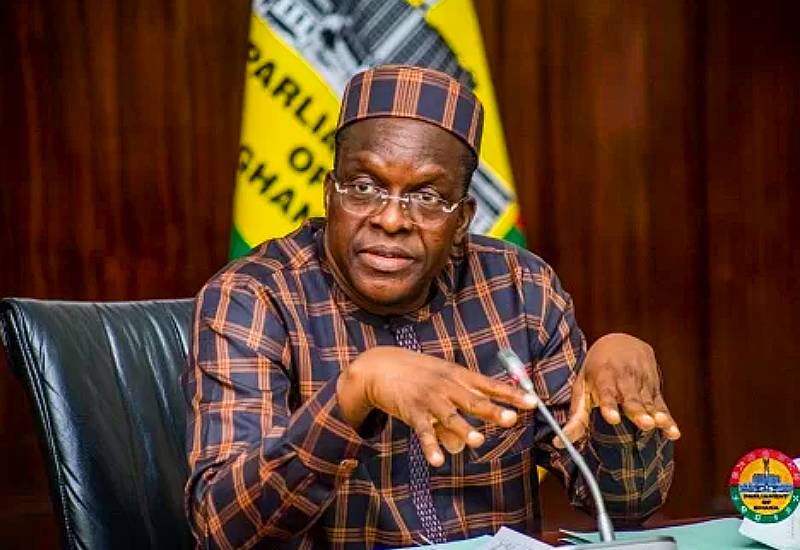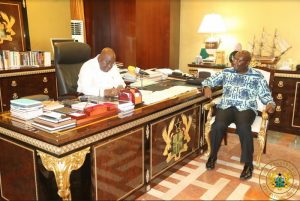By Godwin Owusu Frimpong
In a thought-provoking address at the University of Ghana Alumni Lecture, Speaker of Parliament Alban Sumana Kingsford Bagbin raised critical concerns about Ghana’s 1992 Constitution, deeming its review long overdue for the sake of national development. His remarks come amidst a growing disillusionment among the youth regarding the state of democracy in the country, as highlighted in Afrobarometer’s recent report for 2024.
Speaker Bagbin underscored that while the existing constitution has arguably maintained political stability since its inception, it has also inadvertently created barriers to true national progress. He pointed out that the concentration of power within the executive branch undermines the essential balance required among government entities, thereby affecting governance and diminishing citizens’ trust in their democratic institutions.
“The focus of the first brains behind drafting this constitution was to achieve political stability. If my guess is right, I must admit we have succeeded in doing just that at the expense of development,” Bagbin reflected. His call for a constitutional transformation emphasizes the necessity of a more equitable distribution of power to better cater to the aspirations of all Ghanaians, particularly the youth, who are increasingly skeptical of the current system.
As discussions surrounding constitutional reform gain momentum, Speaker Bagbin urged stakeholders to engage in meaningful dialogue aimed at rectifying the inherent flaws of the current constitution, which he described as abundant and overdue for resolution. “We have to transform everything. This constitution has many defects, and the time to fix those defects has long passed,” he stated decisively.
In light of these statements, an essential question arises: What steps can be taken to initiate a meaningful transformation of Ghana’s 1992 Constitution that will effectively address the developmental needs and democratic aspirations of its citizens? The answer to this question may well shape the future of Ghana’s democracy and overall national development.
Godwin Owusu Frimpong




